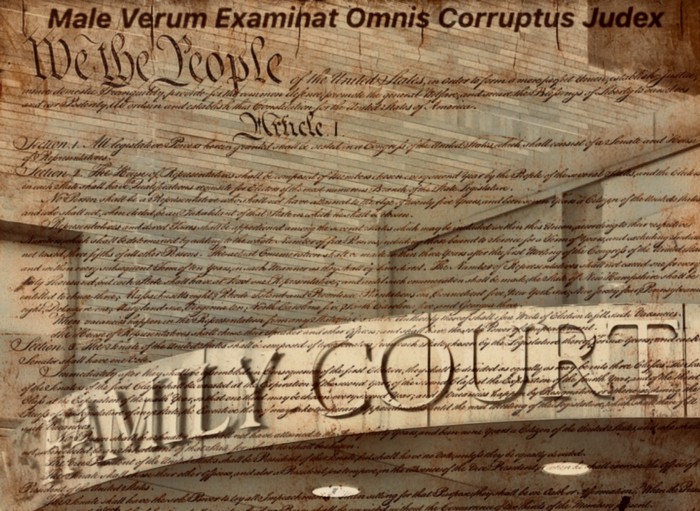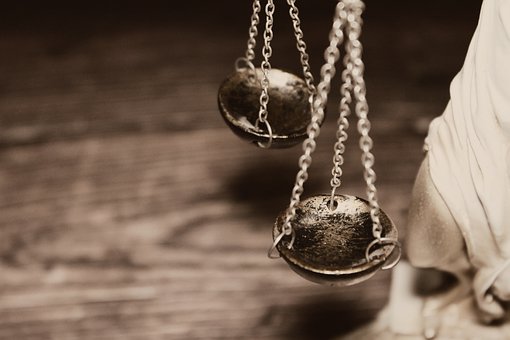Magistrate Judges are used in courtrooms in most countries.
The ‘real life’ experience of Judge Joe Brown illustrates one of the issues of dealing in situations involving matters outside the norm — in this case, Magistrates.
Brown’s experience, while it reportedly uncovered further ‘anomalies’ with the court in question — still resulted in a contempt charge that survived the appeal he ultimately filed.
How can people avoid these expensive and potentially embarrassing scenarios?
It’s important to note that you do not have to submit to the rulings of a Magistrate Judge. They are not, as Brown pointed out, a trained Judge and are not, typically, even a trained attorney.
“Generally, if the parties decide to consent to the magistrate judge’s juris- diction, they must do so voluntarily and in writing. … By statute, the decision of the parties on the issue of consent is communicated to the clerk of court. 28 U.S.C. § 636(c)(2).
US DISTRICT COURT CONFERENCE NV.COM
https://www.widriglaw.com/reality-tv-judge-joe-brown-loses-appeal-after-being-held-in-cont.html
It’s important to note that Brown subsequently appealed — and lost.
All of this transpired in a juvenile court in Memphis. While juvenile court situations may or may not involve family courts, these courts operate outside the ‘normal’ rules and regulations on a regular basis.
Thus, gag orders, sealed records, and other inconsistencies have brought about an atmosphere of mistrust as critics contend that an individual’s Constitutional Rights are routinely ignored the moment they enter ‘Family Court’ situations.
It is justified?
Maybe.
Often people emerge from these ordeals bewildered and in disbelief by the lack of remedies available to protect oneself from having their rights violated — due process denied — access to recourse (justice) unattainable — and at the mercy of courts that can impose countless penalties, fees, fines and utilize mechanisms that create a form of “legal” extortion — using children and financial ability (or rather inability) as leverage against a mother or father.
MEDIUM.COM
Among other complaints, some contend that the courts are ‘for sale to the highest bidder’. But is there enough evidence to indicate that courts are responsive to bribes — or worse?
Some judges, it’s true, have been caught in their own failures to live up to the code of conduct they require from others — but there are excellent judges for whom fairness and ethics is still held as the highest of priorities in their courtrooms.
Often, it’s individual attorneys that knowingly and willfully ‘throw a case’ to their [legal] opponent — anticipating that the favor will be reciprocated in turn.
As shocking and frustrating as this revelation might be to those ‘banking’ on the fair and legal handling of their case, it’s not uncommon and those in the legal field know it.
It isn’t all lawyers! But that’s little consolation when it happens to you.

“The law is a profession and lawyers are committed to uphold the constitutional system… If an attorney gives money to a judge with the expectation that the judge will rule in his interest or his client’s interest that is corrosive of our institutions.”
JUSTICE KENNEDY
The ‘easy answer’ here is to avoid courtrooms and choose, instead, to settle your differences outside of court. In most instances, this is entirely possible. In those situations where it isn’t, make sure there are safeguards in place to assist you in avoiding court.
That, of course, may not always be possible — but it is desirable and there are often ways to bring it about.
We’re here to help. Let us assist you in putting your matter into the queue to see if there’s a way to help you obtain the help you need!






More Stories
Understanding FOIA Requests
Got Questions?
Banks & Customer Service (or lack thereof)